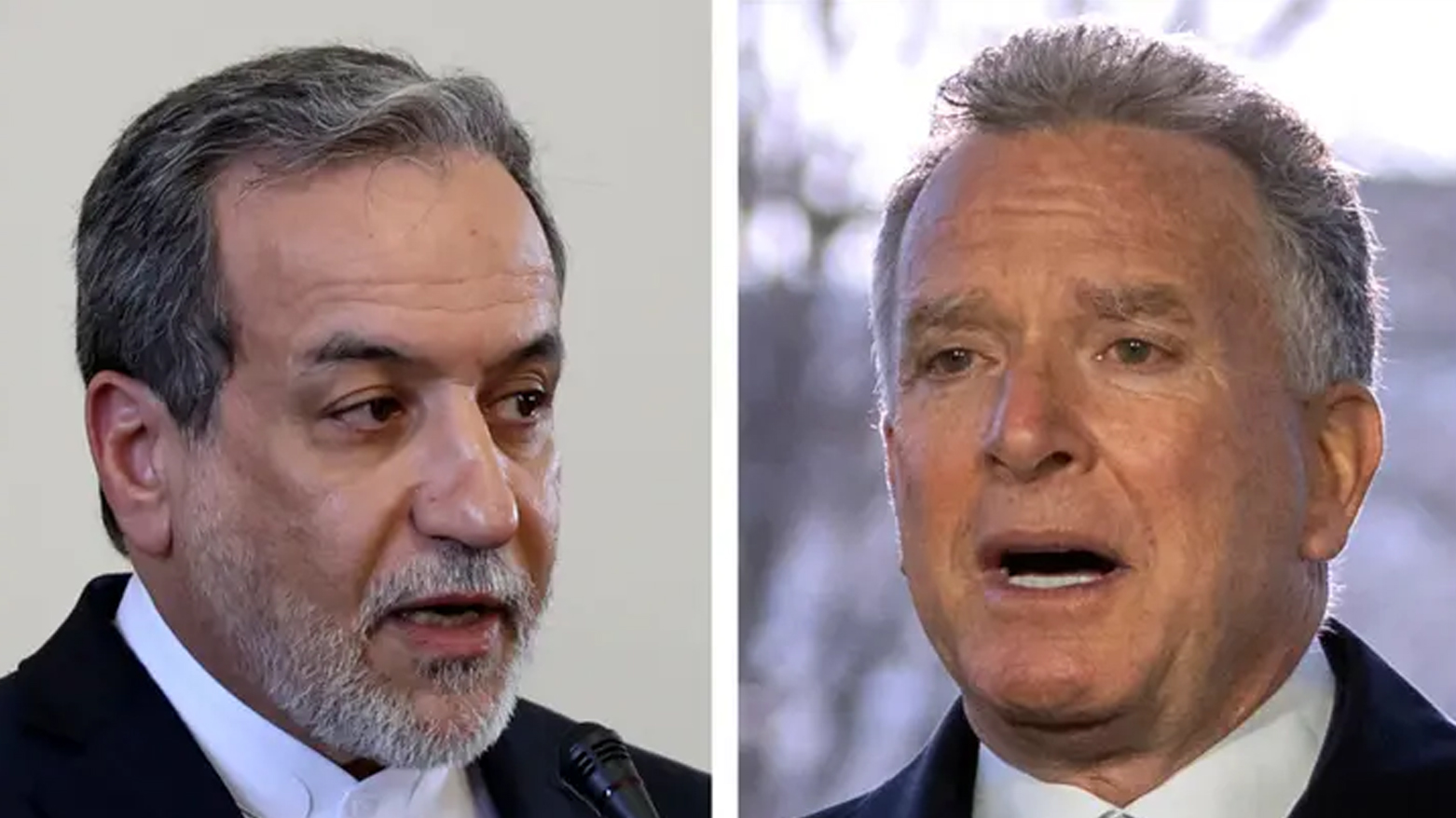Iran, US to Hold New Round of Nuclear Talks in Muscat on Sunday
Tehran Confirms Sixth Round of Indirect Talks as Both Sides Exchange Proposals to Reach a New Nuclear Deal

ERBIL (Kurdistan24) — A new round of "indirect" nuclear talks between Iran and the United States is being planned for Sunday in Muscat, according to Iran’s Foreign Ministry, as reported by AFP.
Foreign Ministry spokesman Esmaeil Baqaei confirmed the upcoming negotiations in a statement on Tuesday, noting that Iran’s Foreign Minister and chief negotiator, Abbas Araghchi, would also attend the Oslo Forum in Norway this week, an international gathering of conflict mediators.
The announcement comes after US President Donald Trump said earlier that the talks were expected to take place on Thursday. However, a source familiar with the preparations indicated that the meeting was more likely to be held on Friday or Saturday, though Iran now confirms it is being arranged for Sunday.
Since April, Tehran and Washington have engaged in five rounds of "indirect" discussions aimed at establishing a new nuclear agreement to replace the 2015 Joint Comprehensive Plan of Action (JCPOA), which Trump unilaterally withdrew from during his first term presidency in 2018.
Following the fifth round of negotiations on May 31, Iran acknowledged it had received elements of a US proposal, with Araghchi later criticizing the text for containing “ambiguities.” On Monday, Tehran further criticized the proposal for “lacking elements” reflective of prior negotiations and announced plans to submit a “reasonable, logical and balanced” counter-proposal through Omani mediation.
Trump has said the upcoming talks could help determine whether a new agreement is possible, potentially averting military conflict.
The diplomatic standoff between the two countries continues to center around Iran’s uranium enrichment activities. Tehran defends its right to enrich uranium as “non-negotiable,” while Washington has labeled it a “red line.”
Iran is currently enriching uranium to 60 percent purity—well above the 3.67 percent cap set under the 2015 deal, and edging closer to the 90 percent threshold required for weaponization. Western nations, including the United States, suspect Iran of seeking nuclear weapons capabilities, a charge Tehran has consistently denied, insisting its atomic program is solely for peaceful purposes.
